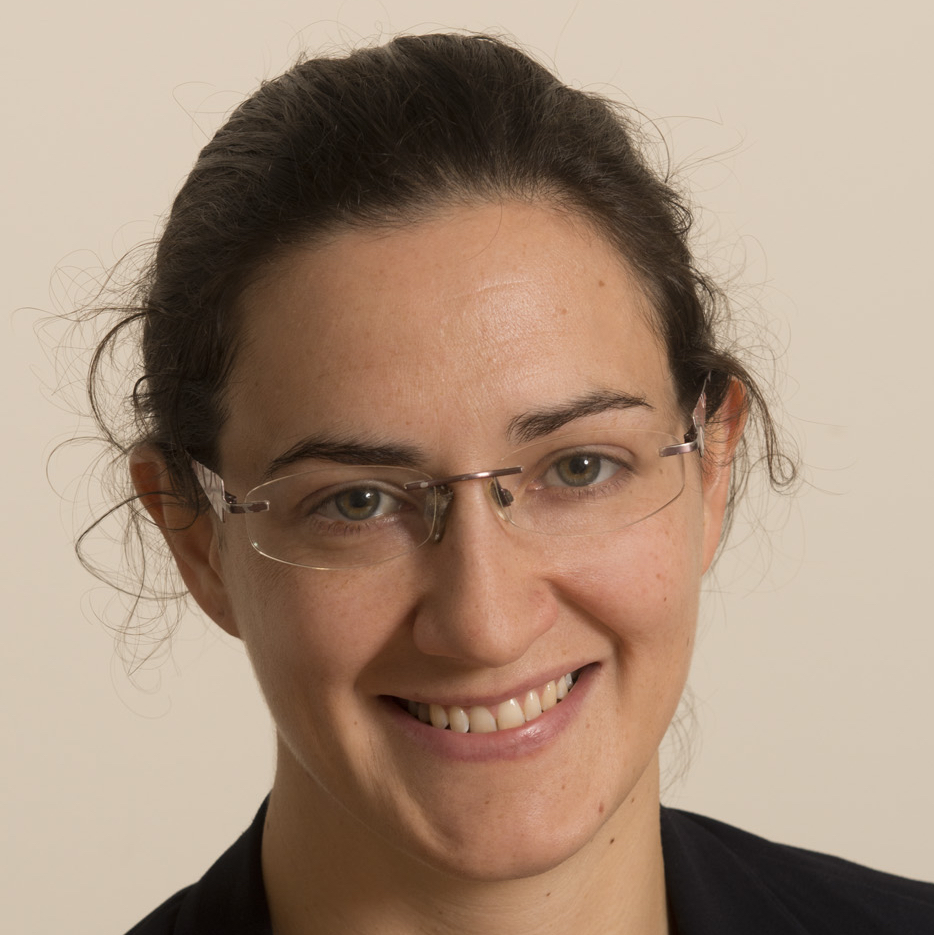Introduction
In early 2022, the Prime Minister’s Council for Science and Technology, the main science advisory body to the Prime Minister, commissioned an independent review of science and public trust within the policymaking system. This was in the context of the COVID-19 pandemic having highlighted significant challenges around the use and communication of science in policymaking, as well as varying levels of public trust in the rigour and relevance of scientific findings. It was clear that there was a need to understand the factors influencing public interest and trust in science, in order to enhance the role of science in public policy debate.
Our Approach
Our work on this project focused primarily on seeking to understand how publics respond to scientific advice offered in the service of policymaking, drawing in insights about generalised attitudes to science, and from the literature on how evidence is perceived and used in public and political debate. Science advice here is understood to be the delivery of scientific expertise from across the research disciplines, via a range of mechanisms including advisory committees, boards, and specific roles within government.
Kathryn Oliver, Professor of Evidence and Policy at the London School of Hygiene and Tropical Medicine,
- conducted an initial literature review to frame subsequent work;
- carried out documentary analysis around three case studies - genetic modification of crops, clean air zones, and mpox (also known as monkeypox);
- carried out interviews with policymakers, commentators, and researchers connected with each case study.
We worked closely with partners throughout including:
- analysis of social media on each case study, led by Dr Warren Pearce at Sheffield University;
- a series of workshops to develop empirical materials to enhance our understanding of what makes evidence compelling and trusted by different audiences, led by Sense about Science:
- exploring citizen's responses to science using Natural Language Processing, work by a team at Birbeck University led by Dr Laszlo Horvath.
This is what we’ve learned so far
The report Public trust in science-for-policymaking, which was published by the British Academy in March 2024, provides three key insights:
- Policymakers (both politicians and officials) play a central role in framing policy and the place of science in informing it.
- In exercising this role, they should not underestimate the public's desire for nuance and transparency in the use of science-for-policy. Policymakers should be open where there are uncertainties, while indicating how knowledge gaps will be addressed; recognise that more information will not in itself increase trust in the use of science for policy; and avoid a simple 'follow the science' approach, instead acknowledging the diversity of considerations and evidence, including lived experience, shaping policy development.
- Policymakers, researchers and knowledge brokers should deepen their engagement with different publics to build trust in science. This should be done in a way that preserves the integrity and independence of the scientific process. Clearer principles should be developed to ensure transparency and accountability in both science-policy and science-public engagement.
Our work also identified four sets of factors that influence public perspectives of the relevance and trustworthiness of science-for-policy:
- features of the policy area and how it is framed;
- the types of scientific sources invoked in policy debate;
- how science-for-policymaking is communicated and brokered;
- underlying attitudes amongst different members of the public.
The report provides considerations for making changes in practice by policymakers, researchers and science brokers use to strengthen public interest and trust in science-for-policymaking.
Outputs and findings
In March 2024 public trust and engagement with science and technology was identified as an area of mutual interest for the UK and the United States and a topic of importance to the bilateral UK-U.S. science and technology relationship (Joint Statement to Leaders from the United Kingdom’s Prime Minister’s Council for Science and Technology and United States’ President’s Council of Advisors on Science and Technology). Further opportunities to strengthen public engagement in how science and technology is used in public policy in the United Kingdom and United States are to be encouraged.
We continue to work with the British Academy and further findings will be published in the year ahead.

